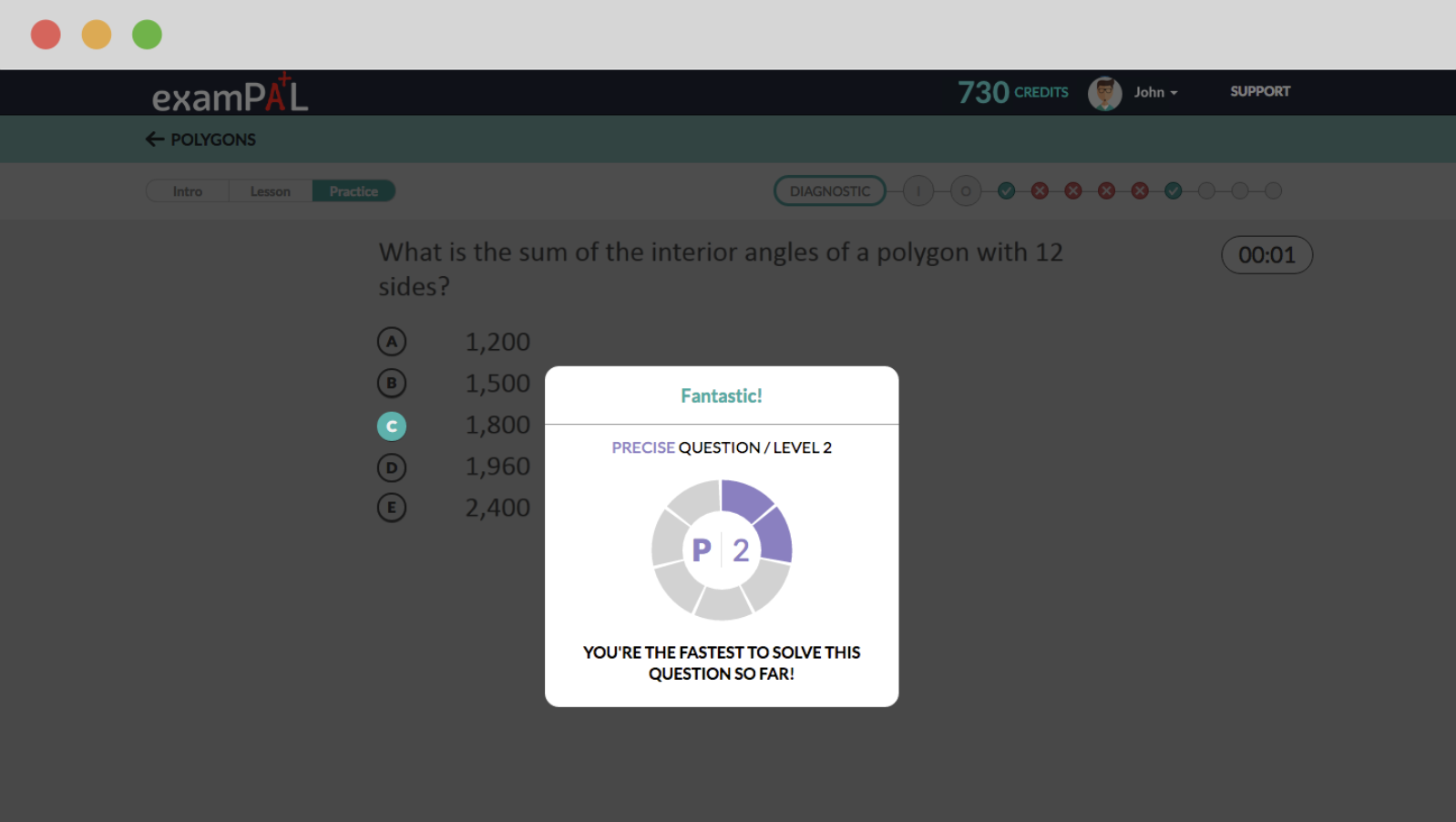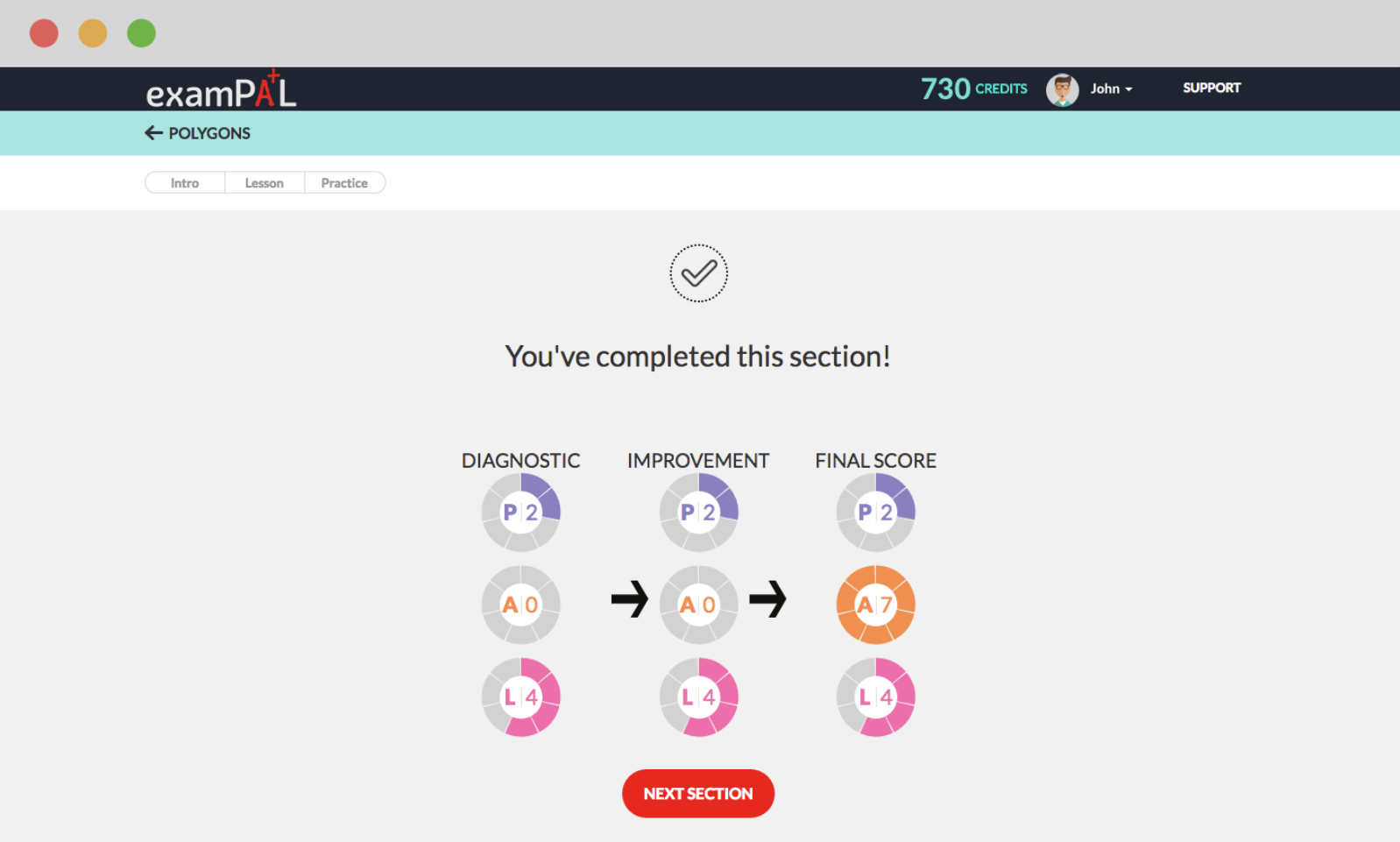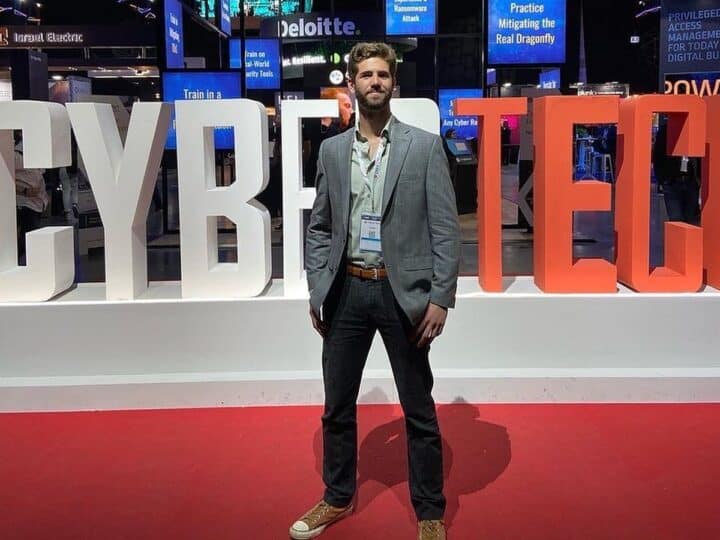If you want to get into business school, you’ll probably need to take the Graduate Management Admission Test (GMAT).
Though the test is standardized, aptitudes and learning styles aren’t. Typical GMAT prep courses may not provide strategies tailored enough to help you answer questions correctly and quickly.
A new online GMAT course from Israeli startup examPAL uses machine learning and crowdsourced data in a gamified format to track cognitive patterns and provide personalized training.

Launched officially in July, examPAL already has clients from 20 countries, including the US, UK, Australia, China, Brazil, Greece, India, Japan, Korea, Peru, South Africa and Saudi Arabia. MBA admission consultancy Aringo named examPAL the No. 1 online GMAT course.
“Our mission is to disrupt the test-prep industry with an adaptive, customized and ultra-personalized online learning experience,” says Oren Jackman, examPAL cofounder and CEO.
Jackman has 20 years of experience in test-prep R&D management, software development, content production, and has taught more than 4,000 students. CTO and cofounder Ben Peer has 20 years of experience in software development.

“We decided to leverage our unique professional knowledge and our knowhow of the way admission tests work and what is needed to answer every question quickly. We think this kind of training should be accessible to all students around the world,” says Jackman.
Money-back guarantee
The examPAL GMAT training can be experienced via a free trial. The complete 120-hour course is available in four packages, ranging from $220 to $799. The most popular $400 package includes all sections of the test and professional essay reviews. The company pledges to return your money if your score doesn’t improve by 70 or more points.
Through the end of December 2016, anyone signing up for examPAL will receive all the interactive video materials free for six months.
Jackman tells ISRAEL21c that the cost, while cheaper than traditional GMAT prep classes or tutors, invests participants in completing the course. “Whereas only 3-5% of most e-learning students complete their courses, we have 100% completion,” says Jackman.
“What also makes us successful is giving you a target date to aim for — your registered test day — and making the course fun and addictive, like a game.”
Recognizing that there are many approaches to finding correct answers, examPAL “learns” each student’s answering patterns on various types of psychometric questions and suggests whether to use precise, alternative or logical (PAL) reasoning to reach a solution, based on the experiences of other test-takers and on that student’s strengths and weaknesses.
By diagnosing each student’s “PAL score” in the first phase of the course, examPAL can focus the improvement phase on practice questions likely to have the most impact on his or her score.

“Students usually waste time solving questions that are too easy for them or too hard for them. We use educational principles to try to help you improve gradually and sequentially, finding the fastest way for you to answer each question.” This is similar to the way games like Candy Crush keep players engaged by adjusting the level of difficulty according to performance.
In the optimization phase, examPAL trains students to recognize their best individual way to solve each question type as quickly as possible.
“We do something that no one else does — measuring how hard the questions are for you and which kind of solution will help you get the right answer most efficiently,” Jackman asserts.
Because more than half of GMAT test-takers are not native English-speakers, examPAL’s online course is guided by American tutors who repeat key vocabulary often to make it more familiar, and avoid difficult words that test-takers don’t need to know.
Expansion plans
examPAL is based in Ramat Gan and has an office in Massachusetts — a growing hub for some 200 Israeli companies doing business in the United States, many of them in the burgeoning ed-tech space.
Though there are only five people on payroll, more than 50 teachers, designers, data scientists and programmers contributed to developing examPAL.
Arad Naveh and Markus Hager – between them, they’ve invested in companies including give2gether, Bit.ly, Powermat, Briefcam, Ctera, GreenRoad, Metacafe, Uber, Reddit and Instacart — provided the seed investment for examPAL. A new $1 million investment round is now in place to help expand the business.
The test-prep market has gone from a valuation of $50 billion in 2012 to an estimated $100 billion in 2017. Accordingly, examPAL is planning new products (prep courses for GRE, SAT, etc., as well as white-label local tests) to reach more than 20 million potential users worldwide.
For more information, click here.

















